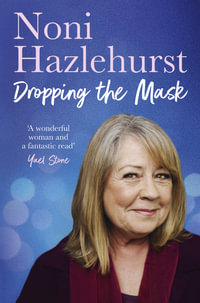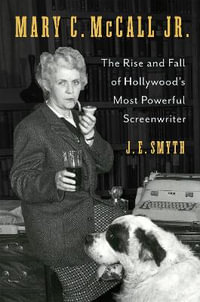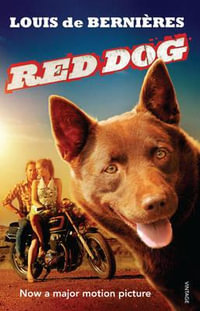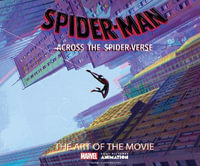This is a critical examination of the ways that ageing and old age are represented and given meaning in popular film. Arguing that the narratives, discourses, and philosophical positions that underlie filmic depictions of growing older are historical and open to revision, the author evaluates how a given film both portrays ageing or older characters and tells the larger story of ageing itself.
Using the evaluations to explain how knowledge about ageing and old age is made visible through film, the book shows how movies are able not only to promote negative portrayals of aging but also to challenge the cultural devaluation of old age. Movies cannot only consolidate age-based exclusionary definitions of self and personhood but also to dispute the distinction between self and other on which these definitions are based. The author sees popular film as a helpful site of cultural struggle where the cinematic representation and the lived reality of ageing and old age intertwine.
Industry Reviews
"Gravagne has produced a lively and timely conversation among theoretical inquiry, popular cinema, and cultural narratives of aging"-Age Culture Humanities; "stimulating"-Journal of Popular Film and Television; "Cutting edge theory written in clear prose, The Becoming of Age delivers deft, multi-layer analyses of the ways in which aging and old age are constructed in contemporary film. Gravagne's critique blends a wide range of critical models, brilliantly exposing layer after layer of age-based ideologies and praxis in popular films, then exploring how each film reflects, supports, and resists the ageist stereotypes of its cultural context. An impressive, illuminating investigation."-Leni Marshall, University of Wisconsin-Stout; "This book is an eye-opening, critical engagement with the way that cinematic representations of aging have the power not only to shape but also to change the entire way we think about aging."-Thomas Cole, University of Texas, author of The Journey of Life: A Cultural History of Aging in America; "This book is an outstanding contribution to film studies, to gerontology, and to American studies."-Margaret Cruikshank, University of Maine, author of Learning to Be Old: Gender, Culture and Aging.
























